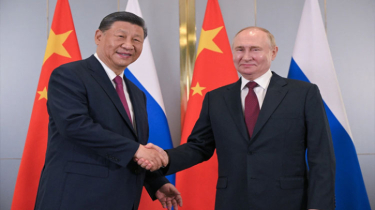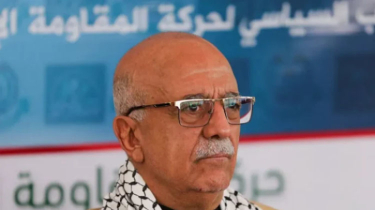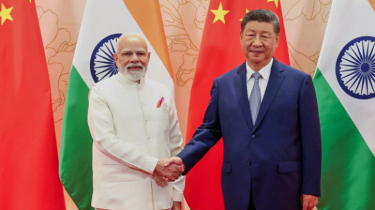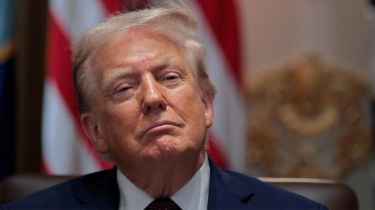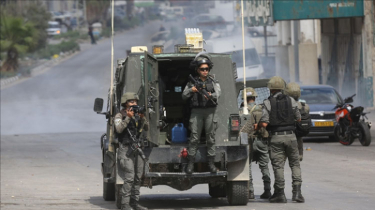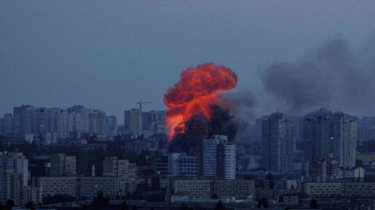Trump’s Rebuke, Xi’s Handshake and Putin’s Oil: India’s Foreign Policy Tightrope
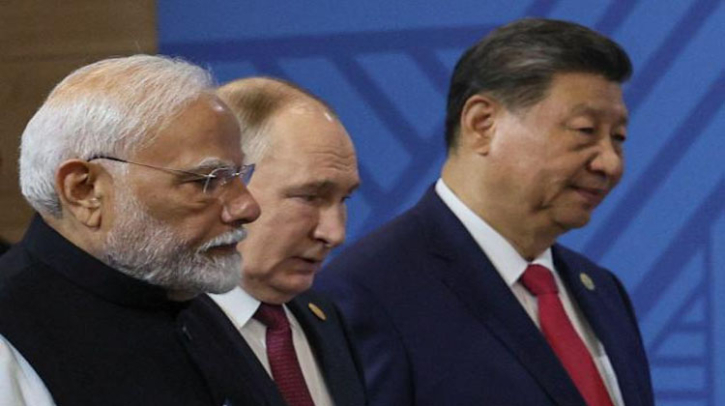
Published : 13:26, 31 August 2025
Caught between geopolitical giants, India finds itself navigating turbulent diplomatic waters as U.S. ire, Chinese overtures, and Russian energy offerings converge to test its famed strategic autonomy.
President Trump’s administration has sharply turned on India with escalating tariffs, initially a 25 percent “reciprocal” levy, followed by a 50 percent surcharge tied to New Delhi’s ongoing purchases of Russian oil. These moves have drawn intense criticism from India, which defended its energy policy as essential for national needs and rooted in non-aligned principles.
Trump's rhetoric, including characterizing India’s economy as “dead” and publicly rebuking Modi, has strained a relationship once marked by personal warmth and strategic alignment.
Meanwhile, India’s rejection of Trump’s offers to mediate in the India–China border tensions and the Indo-Pakistan conflict has signaled growing impatience with U.S. overreach.
This diplomatic friction has sparked broad concern about the future of the bilateral partnership and the broader strategic architecture of the Indo-Pacific.
China’s Diplomatic Embrace and Symbolism
Against this backdrop, Prime Minister Modi is making his first trip to China in seven years to attend the Shanghai Cooperation Organization (SCO) summit.
Hosted by President Xi Jinping and including Russian President Putin, the summit allows India a rare stage for engagement with both Beijing and Moscow. The gathering is being interpreted as a subtle signal of India reasserting its multipolar tilt and recalibrating its ties amid a shrinking room with Washington.
Russia’s Energy Affinity
Russia continues to serve as a steady oil supplier to India, offering discounted energy amid Western sanctions. Despite mounting global pressure, New Delhi persists in maintaining these energy lifelines. In turn, Moscow is planning to reinforce this connection. President Putin is expected to visit India in December to deepen bilateral cooperation, including in energy and strategic domains.
Strategic Autonomy Under the Spotlight
India now finds itself walking a precarious tightrope: balancing U.S. security benefits and democratic alignment on one side, and pragmatic economic and strategic cooperation with China and Russia on the other. Analysts frame the moment as a critical juncture—India must demonstrate its ability to maintain independent decision-making without alienating major partners.
What Lies Ahead
As this triangular tension unfolds, key questions emerge: Can New Delhi preserve its “strategic autonomy” without compromising relationships? Will India face renewed punitive measures—or worse, diplomatic isolation—from any side? The coming months, particularly around the SCO summit and Putin’s December visit, will shed light on how India intends to navigate this foreign policy crucible.
Sources: The Guardian, BBC News, Financial Times, Reuters.
BD/AN



